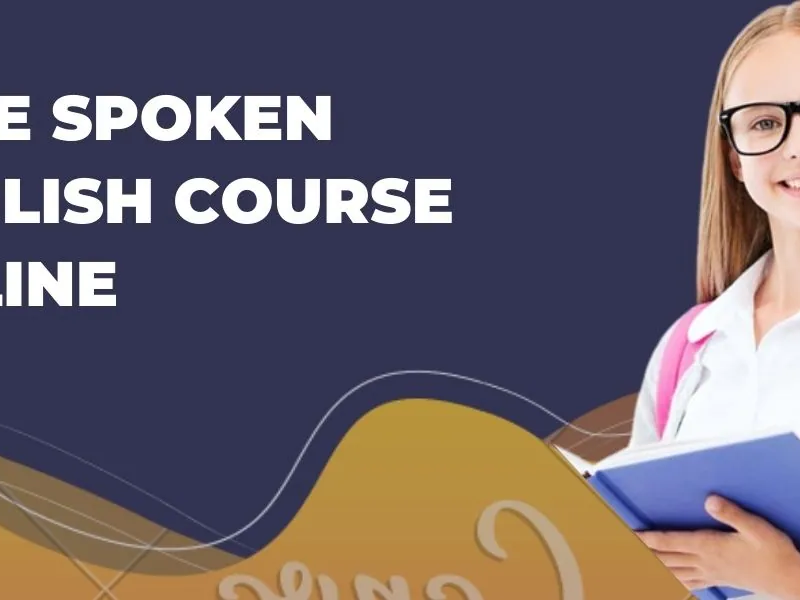In an era of globalization, acim plays a pivotal role in connecting people and cultures across borders. The exchange of ideas, information, and experiences fosters a global community that appreciates diversity and works collaboratively to address shared challenges. Through international education programs, students gain a broader perspective and develop a global mindset, essential in navigating a world that is increasingly interconnected.
Challenges and Opportunities:
While education holds immense promise, it is not without challenges. Disparities in access to quality education persist, hindering the realization of its full potential. Socio-economic factors, inadequate infrastructure, and geopolitical conflicts are among the myriad challenges that impede the universal right to education.
However, these challenges also present opportunities for innovation and reform. Technology, for instance, has the power to democratize education, providing access to quality resources to learners worldwide. Online platforms, interactive tools, and virtual classrooms have the potential to bridge the education gap and create a more equitable learning environment.
Conclusion:
Education is a transformative force that shapes individuals, communities, and the world at large. It is the key to unlocking human potential, fostering progress, and building a more just and sustainable future. As we navigate the complexities of the 21st century, investing in education is not just a choice; it is an imperative that empowers minds and transcends boundaries, paving the way for a brighter and more inclusive world.f


